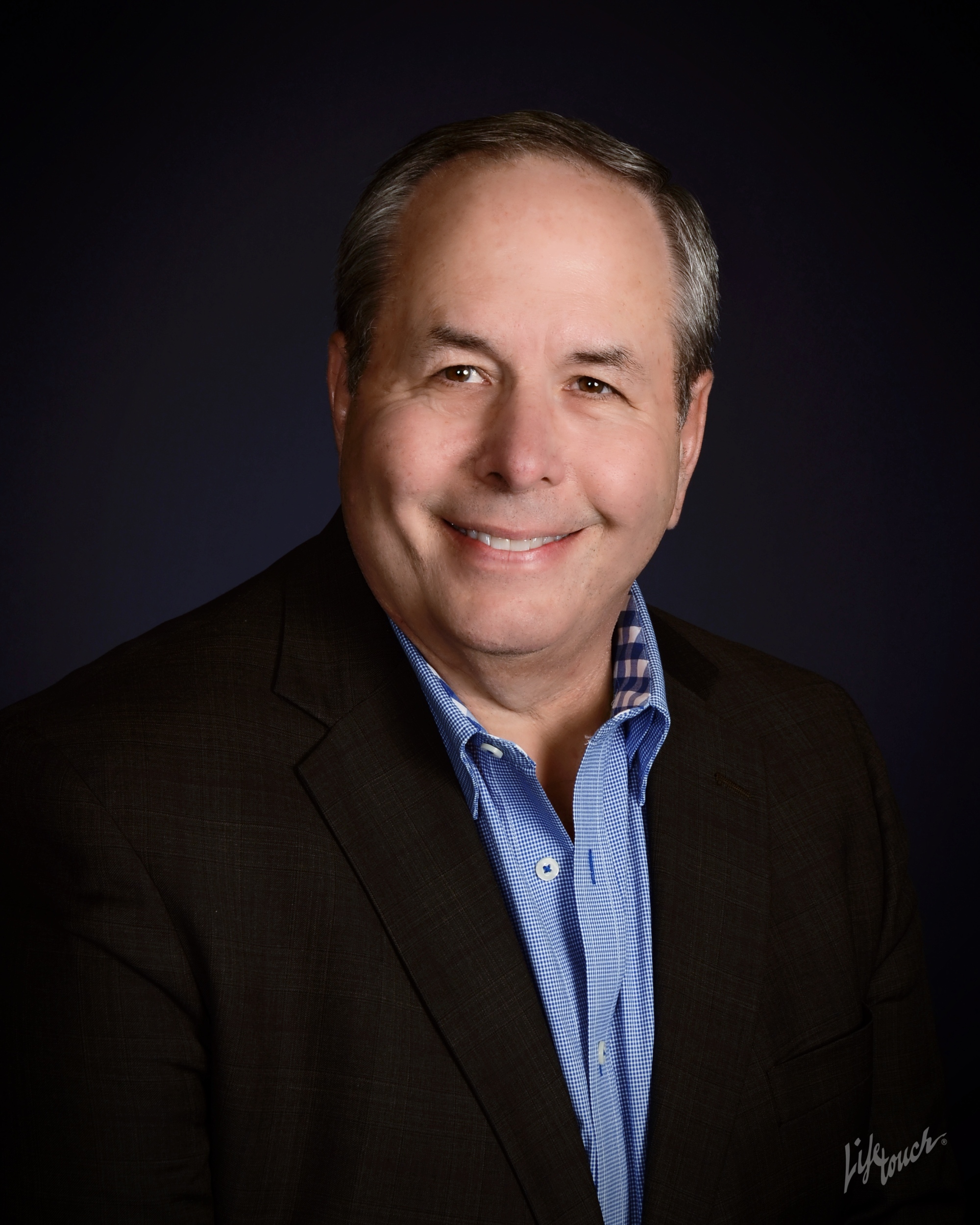
Some of you may remember me sharing this story, but it bears repeating. I have often kidded that when I took over my grandmother’s care, she had three to six months to live, and then she went on to live ten more years. Part of the story is that along the way, she and I had significant discussions about what her end of life decisions were.
It is difficult to talk about the end of life. Years ago, I read an article explaining that it is twice as difficult for a couple to talk with their parents about end of life as it was for that same couple to talk with their children about sex education.
I am writing this article now because I had a client come in to see me with her daughters. They are a lovely family. The daughters care very deeply about their mom. She has dementia, and it is heartbreaking to her children. Actually, Mom is pretty happy; it is just her daughters that are sad.
There is going to come a point when Mom can no longer express her wishes. It is time to have a discussion with her about end of life. There are no right or wrong answers, but there needs to be a discussion.
Let me share with you my discussion with my wife and my three sons. I have told them that if I develop dementia, and if I get to the point where I generally do not recognize them or others, or if I get to a point where I can no longer communicate, not even with the blinking of my eye, or if I am in some type of persistent vegetative state, or if I have a terminal illness, then there are certain things I do not want to happen. I do not want surgeries. I do not want CPR. I do not want blood transfusions. I do not want artificial feeding (through a tube or otherwise).
I have gone further. My family knows how important it is for me to be active. If I can no longer be active, and if any of those conditions above exist, and if I get sick from something, I want nature to take its course without the interruption of any medical procedure. If I have a chance to die, then I want to seize that opportunity.
I have even gone on to state that I want complete pain relief. Even if the medication could lead to hastening my death, that is what I want. I do not want to suffer. I do not want to be locked in my body.
More especially, when that time comes, I do not want my family to feel guilty. In fact, I want my family to feel like they are fulfilling my wishes.
This is not the right thing for everyone, but it is the right thing for me.
When my grandmother was about 96, she had transitioned from assisted living to a nursing home. She was in the nursing home for less than 60 days. Along the way, we had already scaled back almost all services. One day she said to me (just a few days before she passed), “Honey, I know I’m going to die, and I am okay with that. I just need for you to be okay with that.”
I have used that phrase multiple times in other settings, but I want you to know it is one of the best gifts that my grandmother ever gave to me.
As difficult as it is, I really urge our families to talk about end of life and know what their loved ones wishes are.
Randy Clinkscales of Clinkscales Elder Law Practice, PA, Hays, Kansas, is an elder care attorney, practicing in western Kansas. To contact him, please send an email to [email protected]. Disclaimer: The information in the column is for general information purposes and does not constitute legal advice. Each case is different and outcomes depend on the fact of each case and the then applicable law. For specific questions, you should contact a qualified attorney.
